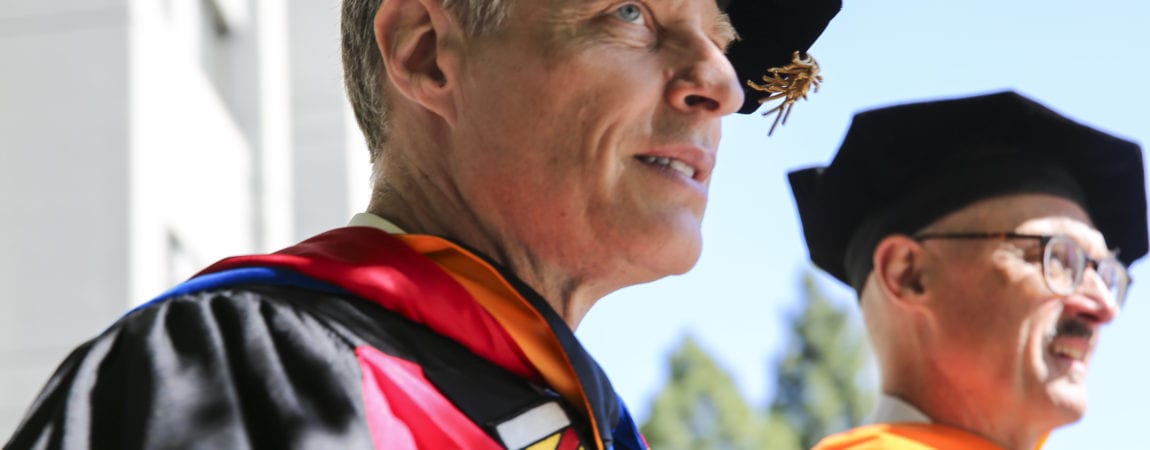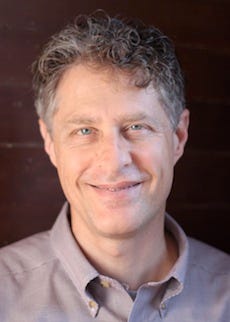
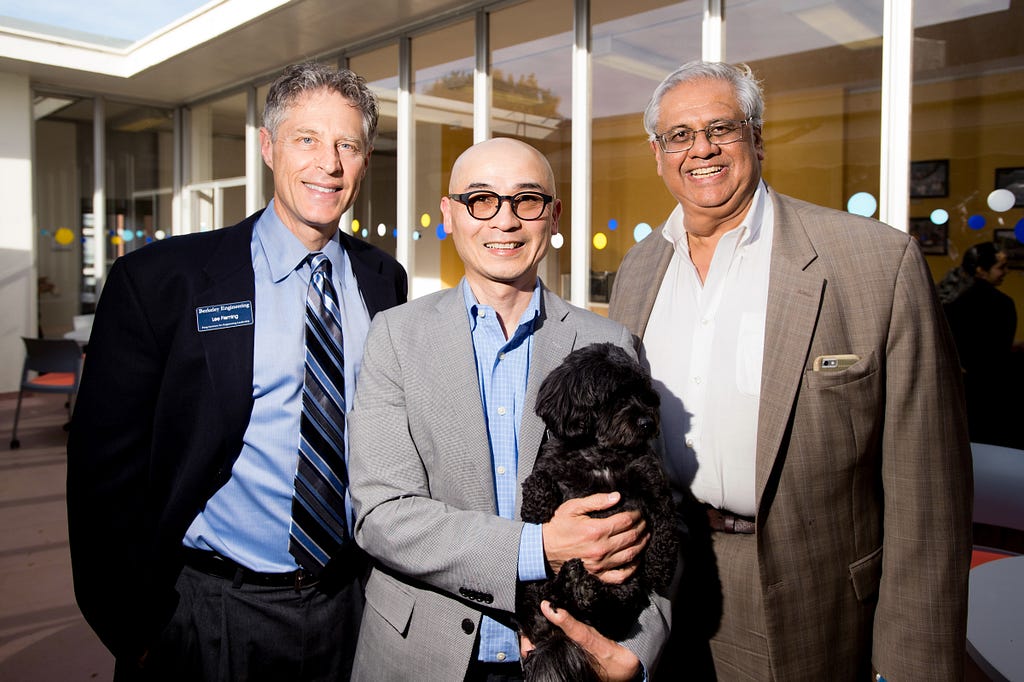
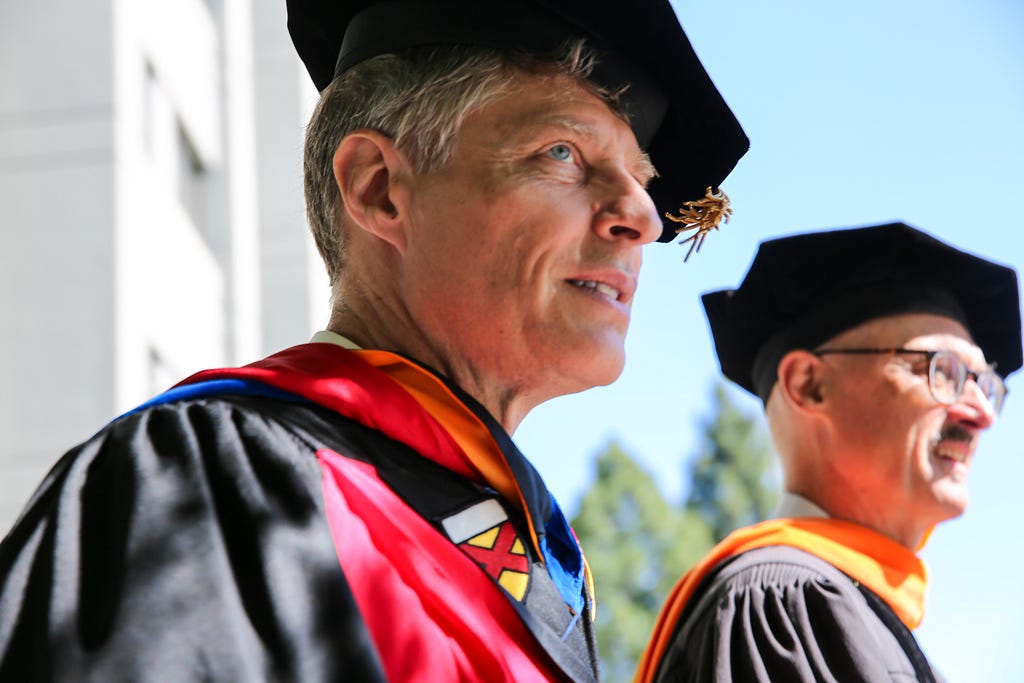

Developing inclusive leaders with a social impact
Over the years, the Fung Institute has been a leader in creating unique learning environments led by industry veterans, innovators, and UC Berkeley faculty to imbue students and alumni with the key leadership principles and management concepts to thrive in industry and entrepreneurial settings. In 2013, the institute created a 1-unit communications course to reach report writing and capstone presentation skills. In the early days of the Berkeley MEng program, Lee used to have his capstone teams roll a dice to determine which team would have an impromptu presentation about their progress. While the teams were apprehensive about being picked, years later, they’ve reported back about how that exercise prepared them for their careers.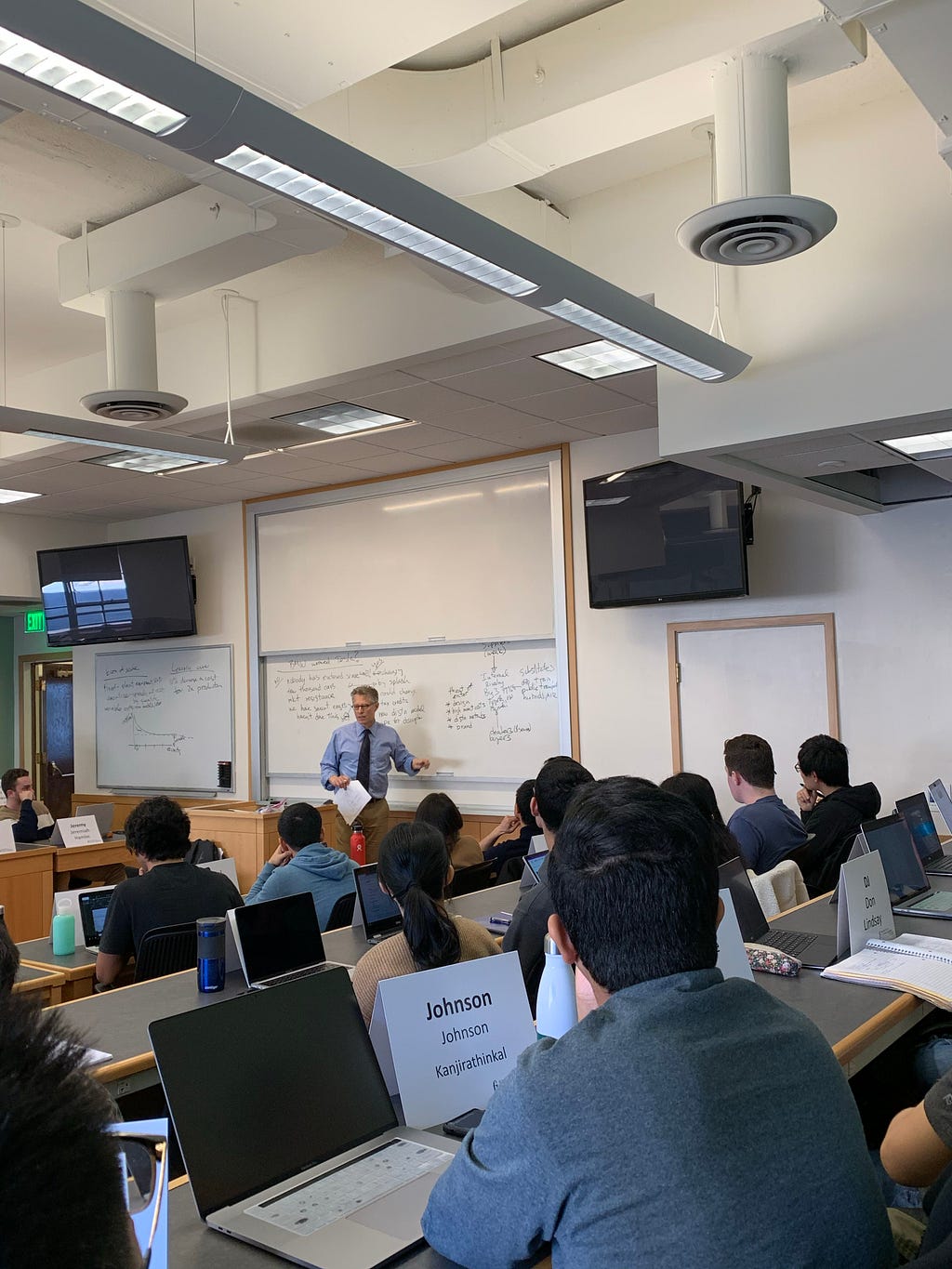
“Lee has been one of the most inspiring professors for me in Berkeley. He is a very humble and extremely talented individual as demonstrated through his support and care for students. He has a very unique trait to make students feel like he is always there with any support necessary. In fast-paced environments it is often rare.” — Yilin (Elsa) Wang, MEng ’20 (IEOR)While Lee was teaching several courses like R&D Technology Management and Ethics and Digital Platform Strategy in these boot camps and establishing dual degree programs with universities like ESSEC, and Universidad Politécnica de Madrid, he was simultaneously cultivating a space for innovation and inclusivity for his own staff. “When I look back at my ten years at the institute, one of the things I’m most proud of is the Fung Institute team. We’ve created an island of very progressive management and leadership where team members have autonomy and take risks,” says Lee. Over the years, Lee has advised dozens of Berkeley MEng capstone projects, including Developing a Virtual Reality Tool for the US Patent Office, Patent Analysis Using Machine Learning, and Peer to Peer Lending with Prosper. This capstone experience is what Lee has referred to as the “secret sauce” of the program. Capstone projects are a hub for integrative, experiential, and team-driven learning. “This is really hard to do well, especially at scale,” reflects Lee. “We’ve been able to pull this off. And admittedly it doesn’t always work. Sometimes teams will come up with a patent, start a firm, or make a serious contribution towards healthcare. Other times, it doesn’t work out and those students learn about what it’s like to be part of a team that falls apart. In some ways, those students learn more because they’ve had that experience before their career starts. These are the benefits of experiential learning.” The Fung Fellowship joined the institute in 2017 and established itself as a model of discovery learning for undergraduates. The program started with 50 fellows in the Health + Tech track in partnership with the School of Public Health and recently added a Conservation + Tech track in partnership with the Rausser College of Natural Resources. The fellowship is celebrating its fifth year and preparing to welcome its largest cohort of over 200 fellows.
“Lee’s dedication to teaching and creating effective pedagogy is inspiring. It truly shows his commitment to the students and eagerness for them to learn and push the boundaries of education.”
— Jennifer Mangold, Fung Fellowship Director
The future of engineering leadership
The world of technology has gone through rapid transformation over the past decade. With a front row seat to the pervasiveness of technology, deep integration into our daily lives and behaviors, Lee created curricula and case studies around technological trends and ethics. For example, the world’s most valuable firms — like Google, Amazon, Facebook, and AirBnB — were able to build wealth and scale quickly through digital platforms. Companies like these were able to survive the dot-com bubble and emerge more powerful than ever. “The power of technology is overwhelming,” says Lee. “The need for these ethics cases is growing more and more important. We challenge our students to think about the technology they are creating from a lens of the economy, ethics, humanity and politics. How can we do what’s best for each other?” In the Fall of 2020, Lee held a case discussion with Leyla Seka, who led the effort for equal pay at Salesforce as part of the R&D Tech Management and Ethics course. Science and technology have the potential to solve a lot of problems. Lee believes that engineering and science leaders have the skills to break through political log jams. They have the power to illustrate and demonstrate the hidden biases in our society. Lee’s advice for future engineering leaders are to:- Have empathy and understanding. Over the years, I’ve learned that not everyone has the same model of governance and leadership. Have some thought about where the other person might be on a given day and what challenges they may be experiencing.
- Have patience. We should all look for the strengths in each other and help each other grow in the areas that may not be as intuitive.
- Find avenues to relate to others. Seek common ground with your leadership and colleagues to build connections. Professional meritocracy may only take you so far; friendship and collegialism matters.
Fung Institute celebrates 10 years with Lee Fleming was originally published in Berkeley Master of Engineering on Medium, where people are continuing the conversation by highlighting and responding to this story.


